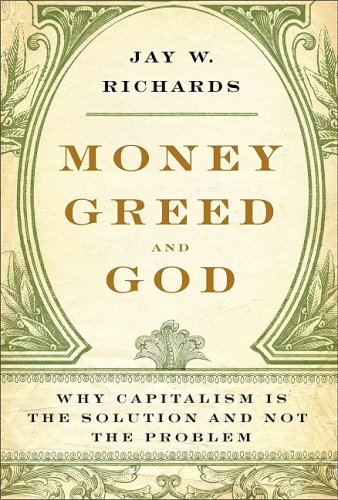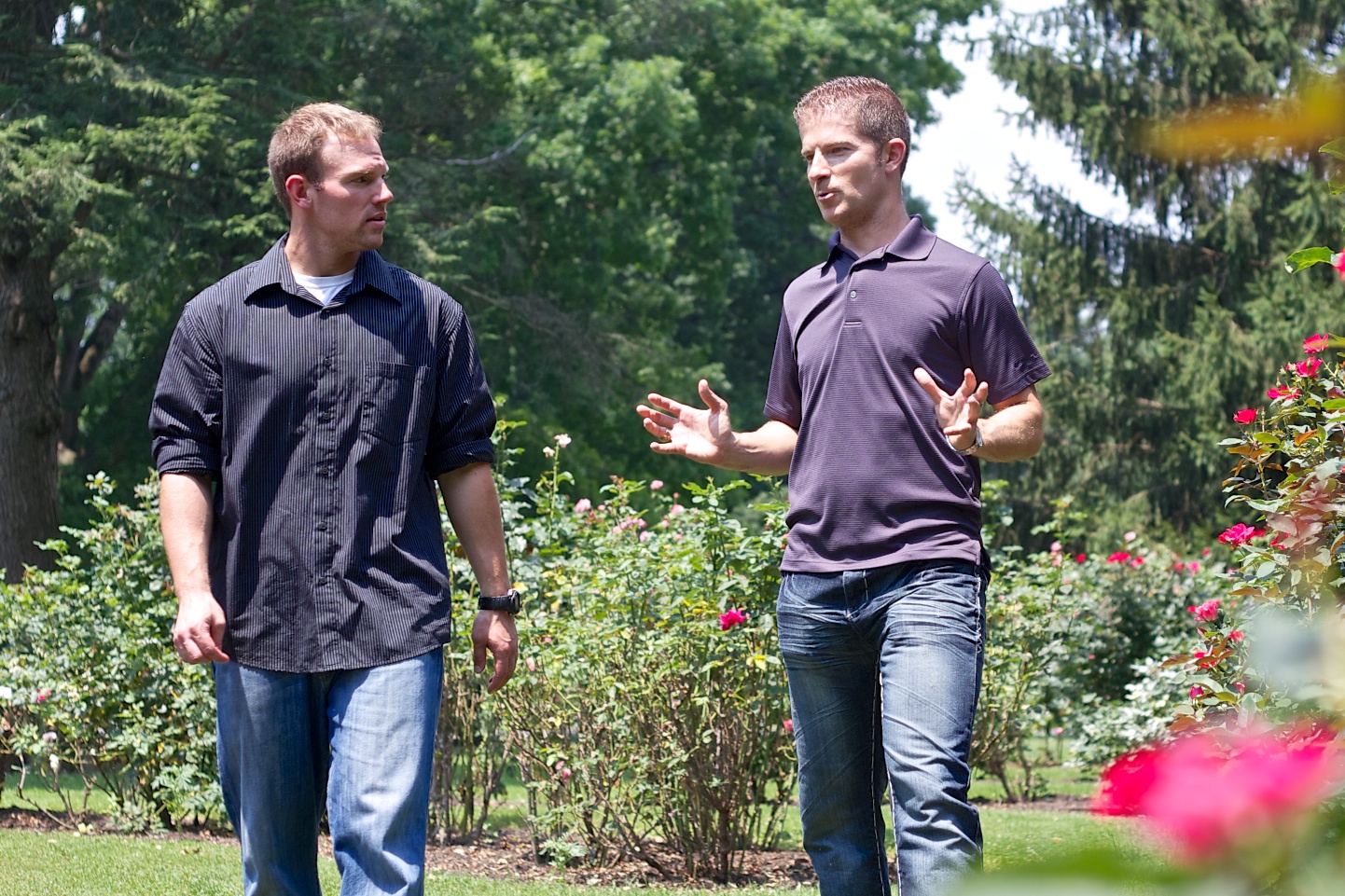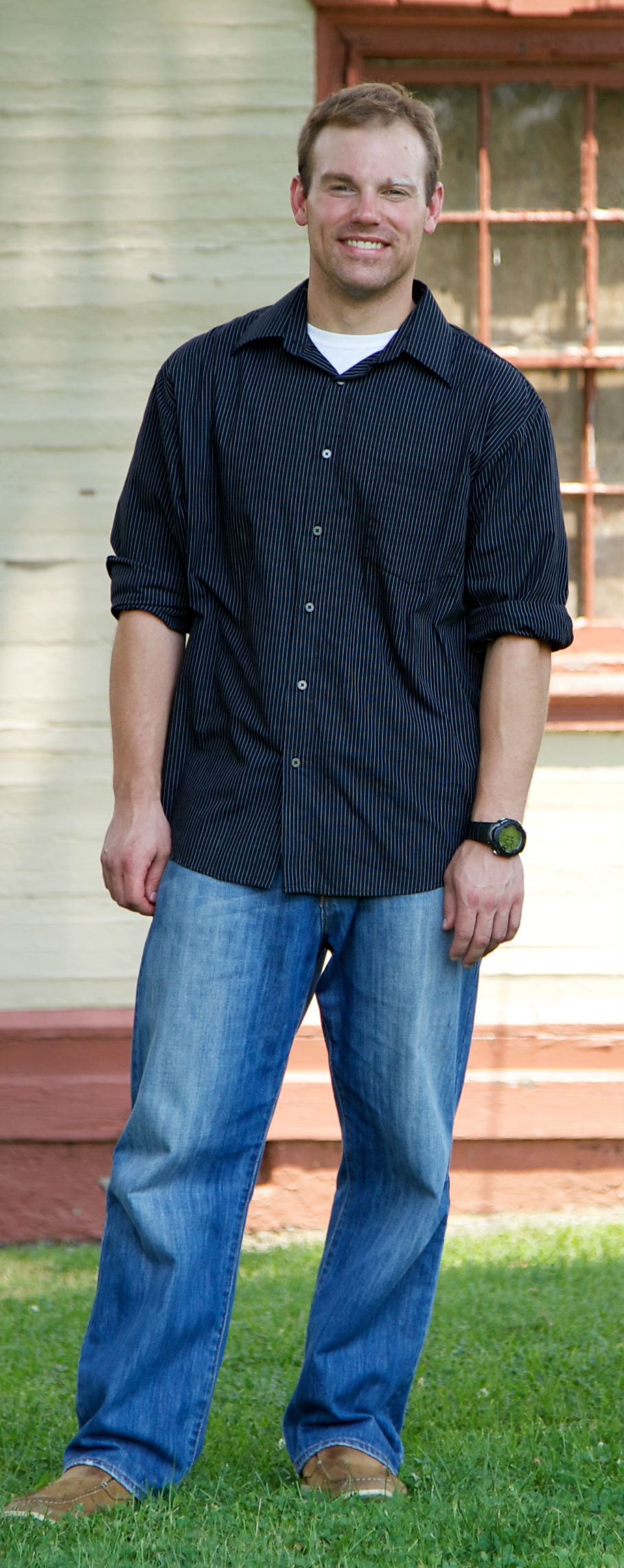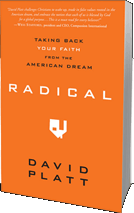
Faith Isn’t Logical
November 1, 2013The hallmark of Christianity is faith, defined pointedly in Hebrews 11:1 as “The assurance of things hoped for, the conviction of things unseen.” Faith is the substance of the Christian life; through grace we’re saved by it and the just in turn live by it (Hebrews 10:38). But besides its undermining value as cliché, what is faith and what does it look like?
I recently found myself praying to God that my life, if being read like a book, would garner critique as being completely illogical. Using the world’s paradigm, faith, generally speaking, isn’t logical: so much so that if you entertain what the world is saying, it’s easy to subscribe to the philosophies, feelings and guidelines that it proposes. I think it’s safe to say that faith isn’t easy.
Besides, what business did Abraham have, clinically speaking, to believe that Sarah would give birth to Isaac at age 90? This example of faith, (actually THE example of faith in the New Testament) shouldn’t serve as the extreme template but rather THE template. Perhaps you’ll find that the sentiment which claims that this is an extreme example of faith is in the same ballpark of those who say that Jesus’ works can’t be replicated, although just about the entire second half of the Gospel of John conveys otherwise.

Sin Consciousness and Self Righteousness
September 23, 2013Romans chapter 3 uncovers two very enlightening truths which could shed some light on two areas I believe to be dim and starved for light in the American church. On one hand is the idea of sin consciousness, a philosophy whose motive is seemingly to embrace the flesh and discount the Spirit. On the other hand is the adamant and unfounded view that “none is righteous,” which, in my eyes, countermands the very high Christian call to replicate His works and manifest His Spirit.
No One Is Righteous
9 What shall we conclude then? Do we have any advantage? Not at all! For we have already made the charge that Jews and Gentiles alike are all under the power of sin. 10 As it is written:
“There is no one righteous, not even one;
11 there is no one who understands…
19 Now we know that whatever the law says, it says to those who are under the law, so that every mouth may be silenced and the whole world held accountable to God. 20 Therefore no one will be declared righteous in God’s sight by the works of the law; rather, through the law we become conscious of our sin.

Living a Simple Yet Radical Life
September 15, 2013A Book Review: “Radical” by David Platt
Dismantling notions of complacency and safety in the Christian walk, Platt vigorously pushes the believer to take risks and live truly faith-filled lives. Putting this book down will be hard and even harder will be not initiating marked changes in your daily life as a result of reading it.
Grade- A+
Do you want to live life in a way that leaves a mark on those around you? Many studies have shown that most people are forgotten in this world after about two to three generations. If that isn’t an alarming enough statistic, realizing that it includes one’s own family members, then perhaps reading the book (Radical) will help you to join me in living out a life legacy that’s worth remembering.

Money, Greed, and God- A Book Review
August 15, 2013Why Capitalism is the Solution and Not the Problem- Jay W. Richards
With ample evidence and common sense, the author is able to dismantle a lot of the misconceptions and American cultural strongholds surrounding capitalism. This book is challenging in that it encourages you to see economics through a biblical lens, and in so doing think outside of the box and discard much of the faulty rhetoric designed to discredit free market systems. I highly recommend this book!
Grade- A
Can’t we build a just society?
This is the first chapter of Richards’ book and it’s arguably the most dynamic defense of capitalism that he cites. It speaks of the Utopian idea of adopting an economic system that resembles Heaven (a just society), which is truly an unrealistic expectation.

Principles for Living with Financial Peace
August 7, 2013Do you desire to live with complete financial peace? Most people would quickly say yes to this question. However, many times one question leads us to another and many people discover their flawed preconceptions with money. Maybe you’ve wrestled with questions like: “What is God’s real purpose for money? If I don’t have enough money, what is God trying to teach me? How do I know when I am in God’s will as it relates to money? Why does God prosper some, while others still live in need? Can we trust God to provide when we don’t have enough?”
Scripture reminds us that money is not evil. God created it and desires us to enjoy it and use it for His purpose. It is the love of money that is the root of all evil – 1 Timothy 6:10
“For the love of money is the root of all kinds of evil. And some people, craving money, have wandered from the true faith and pierced themselves with many sorrows.”

Keys to Overcoming the Spirit of Offense
August 6, 2013
From a spiritual standpoint, offense is very literally “justifying withholding love.” The results of our justification through Christ certainly don’t include holding sins and offenses against our neighbors. This spiritual component of our daily lives can be applied in both our work and our homes, and every conceivable mode for communication. The first step is realizing that it is spiritual! The overarching goal in destroying the offense mindset is re-framing your paradigm in dealing with others, putting off the perspective and notions of the world and being proactive with the ministry of reconciliation.
“All this is from God, who reconciled us to himself through Christ and gave us the ministry of reconciliation: that God was reconciling the world to himself in Christ, not counting people’s sins against them. And he has committed to us the message of reconciliation.” – 2nd Corinthians 5:18-19
Below are seven areas where you can intentionally combat the habit of offense:





